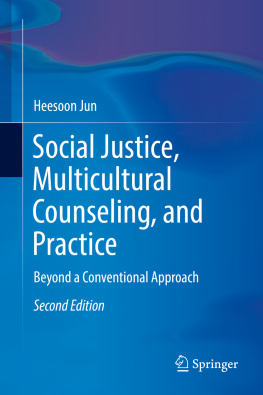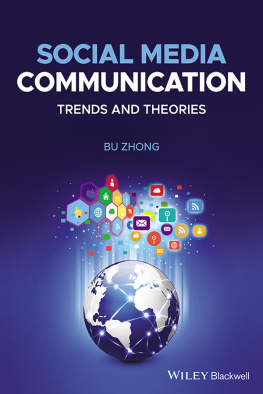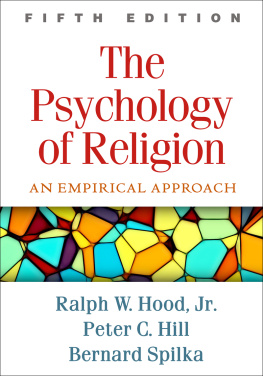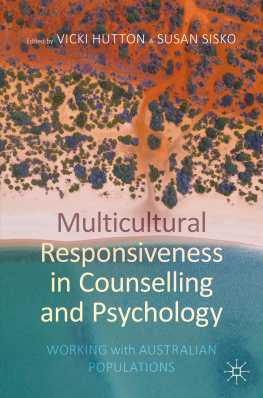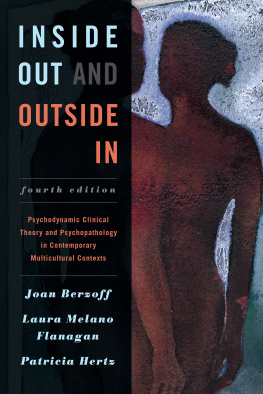The chapter discusses a few more identities that have been added since 2009. But adding more identities without explanation of how these identities affect existing identities does not contribute to providers ability to understand clients worldviews . A paradigm shift in thinking from simple binary to complex holistic is proposed in order to view the whole person whose identity is composed of multiple identities and their intersections . A paradigm shift in learning from conceptual to transformative which is a deep learning from integrating intellectual understanding with emotional understanding is also proposed. It is emphasized that multicultural issues are emotionally complex for both oppressed and the privileged for different reasons and experiences, and they must be processed through transformative learning .
The chapter explores barriers to implementing conceptual theories to practice, the purpose of the second edition, unique features of the book, and unconventional organization of the book.
The Multicultural Counseling Movement
The new millennium signifies increased human diversity which is instrumental for the multicultural counseling movement in the United States (DAndrea & Heckman, ).
Ethics of American Counseling Association states:
C.5. Nondiscrimination. Counselors do not condone or engage in discrimination against prospective or current clients, students, employees, supervisees, or research participants based on age, culture, disability, ethnicity, race, religion/spirituality, gender, gender identity, sexual orientation, marital/partnership status, language preference, socioeconomic status, immigration status, or any basis proscribed by law. ( ACA Code of Ethics, Section C. Professional Responsibility: C. 5. Nondiscrimination, p. 9)
Ethical Principles of Psychologists and Code of Conduct by the American Psychological Association (APA) states , In their work-related activities, psychologists do not engage in unfair discrimination based on age, gender, gender identity, race, ethnicity, culture, national origin, religion, sexual orientation, disability, socioeconomic status or any basis proscribed by law (Section 3: Human Relations, 3.01 unfair discrimination, ).
The National Association of Social Workers mission statement includes the following:
Social workers promote social justice and social change with and on behalf of clients. Clients is used inclusively to refer to individuals, families, groups, organizations, and communities. Social workers are sensitive to cultural and ethnic diversity and strive to end discrimination, oppression, poverty, and other forms of social injustice. (NASW, , Preamble , 2 ).
These updates were conceptually sound to serve the multicultural population.
Numerous scholars have also responded to the demographic change by presenting theories and ideas of increasing cultural competency for certain groups or conceptual understanding of complexities involved in multicultural counseling (Erickson Cornish, Schreier, Nadkarni, Henderson Metzger, & Rodolfa, ) who reviewed multicultural counseling research for 40 years concluded that the multicultural movement transformed the thinking and practice of providers, researchers, and students in training.
Focus on Single Identity
In response to the multicultural movement most multicultural textbooks focused on race as if it alone represented the whole person. They categorized people according to their conventional ethnic groups and provided basic information about each. Formulating a counseling approach for each racial group increases the tendency to view a client on the basis of his racial group stereotypes. It is impossible to accurately describe the characteristics of each racial group because human beings are complex and variations within one racial group are as diverse as variations among other racial groups . Furthermore, each persons identity construction is a result of not a single factor but multiple factors which interact with each other (e.g., intersections of race, ethnicity, gender, sexual orientation, class, disability/impairment, age, religion, region, language, sociocultural contexts, and so on). The challenge for providers who work with diverse racial groups is how to obtain and accurately apply knowledge about a particular racial group without minimizing or missing idiosyncrasies of an individual within it.
Numerous scholars and researchers have suggested that understanding a clients relevant social and demographic identities is necessary in order to be aware of the clients worldview (Croteau & Constantine, ). The following represents the common theme of the need for understanding the clients multiple identities by most scholars and researchers:
An individual can be fully understood only in a holistic manner that includes understanding the influences and interactions of the individuals multiple sociodemographic groups, some or all of which may be silent identities for the individual . (Croteau & Constantine, , p. 162)
If the complexities of multiple identities, intersections of multiple identities, and sociocultural contexts are simplified into static, dichotomous, and hierarchical categories, the individual is totally missed . Equating a person with a single identity as if it alone represents the person is creating superficiality and illusion (Robinson-Wood, ).
Despite the need for multiple identities there are a few authors that attempted to address the issue. They are Pope-Davis and Coleman () who discusses race, gender, socioeconomic class, sexual orientation, and physical ability and disability. More identities have been added since 2009. However, this increase in identities did not provide better understanding of the clients worldview . Adding more identities needs to accompanying explanation of how these identities intersect to construct the clients worldview that is different from his phenotypic identities. Explanations and understanding of these explanations require complex (holistic) thinking and the ability to process emotional complexities.
Multicultural issues stir emotions of both the oppressed and the privileged for different reasons because they are about systemic injustice which has been perpetuated for generations. Thus, multicultural competencies require tolerance for ambiguity, assigning equal importance to others cultural values, beliefs, and ways of making meaning , and respect for the way of being from their cultural perspective including the others traditions.
Despite attempts to include more identities, the dominant discourse in multicultural counseling theories is still race (Blodorn, OBrien, Cheryan, & Vick, ) explain the difficulty of integrating all of a clients social identities:
While we strongly believe that the counterdiscourse needs to more fully integrate multiple identities and cultural contexts, such a shift toward complexity and inclusiveness will be painful, giving rise to unexplored conflicts and necessitating difficult exploration and dialogues. (p. 203)
If experts cannot be role models of multicultural counseling competencies within themselves due to pain and complexity, how can we expect students to learn multicultural counseling competencies? The counterdiscourse toward complexity and inclusiveness is essential for equity and justice for all identities. In order to facilitate the difficult counterdiscourse , complex and painful factors need to be examined with courage, civility, and compassion.

